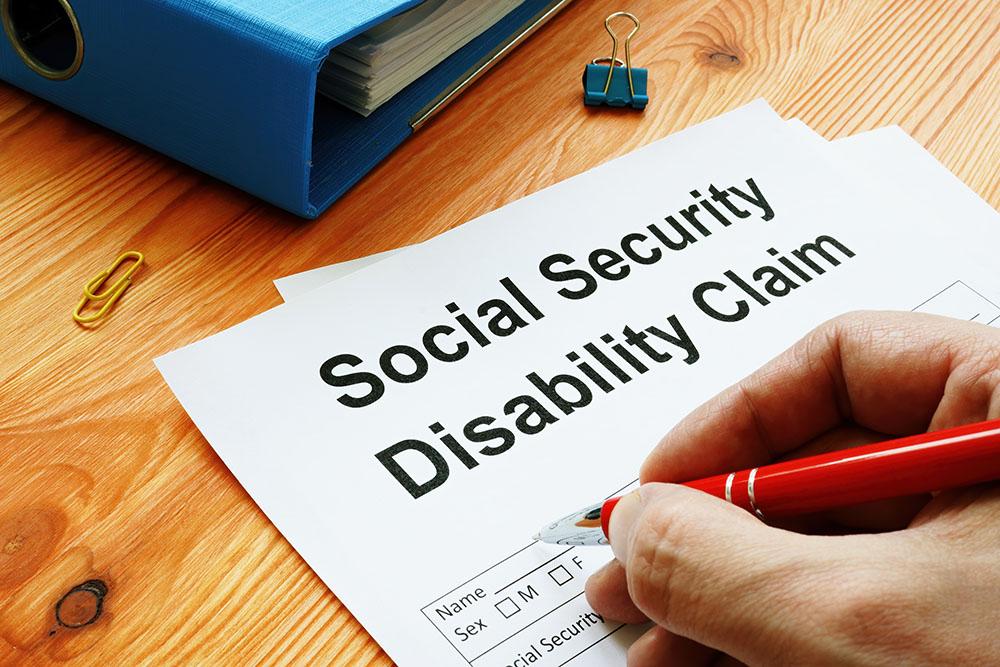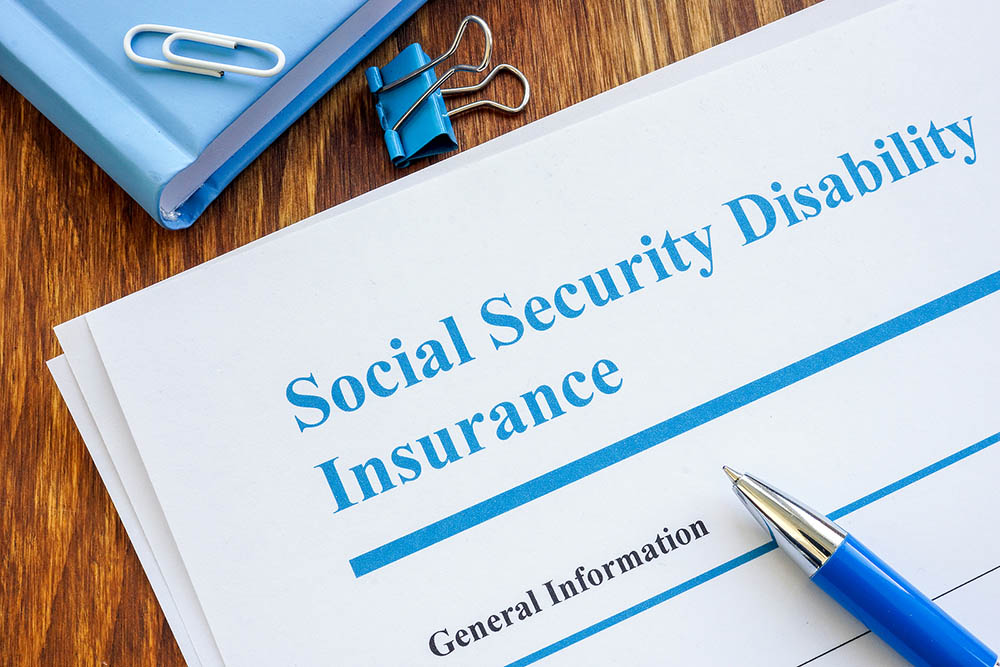Sexual abuse by clergy is a serious issue that has affected many individuals. Survivors often face emotional and physical trauma, making it difficult to know where to start seeking justice. Understanding the rights of abuse survivors and the legal steps they can take is crucial for healing and holding offenders accountable.
Survivors of clergy abuse have the right to pursue legal action against their abusers. It’s important to know that these rights exist to protect and support those who have suffered. Legal recourse allows survivors to seek justice and potentially prevent future abuses. Seeking help from legal professionals can provide guidance through this complex process.
Many survivors feel overwhelmed and unsure about what to do after experiencing abuse. Taking legal steps can be daunting, but it is an essential part of the healing process. Whether it involves reporting the abuse, gathering evidence, or filing a lawsuit, each step is critical in the journey towards justice. With the right support and information, survivors can navigate the legal system and find the help they need.
Survivors are not alone in their fight for justice. Various resources and support systems are available to assist them in this journey. Understanding where to find these resources and how to use them effectively can make a significant difference in the lives of those affected by clergy abuse.
Understanding the Rights of Sexual Abuse Survivors
Survivors of sexual abuse by clergy have specific rights designed to protect and support them. Understanding these rights is the first step towards seeking justice and healing.
- Right to Report: Survivors have the right to report the abuse to the authorities. This can include local law enforcement, child protective services, or other relevant agencies. Reporting the abuse helps initiate an investigation and hold the abuser accountable.
- Right to Confidentiality: Privacy is a major concern for many survivors. The law protects the confidentiality of survivors, ensuring that their identities and personal details are kept private during investigations and legal proceedings.
- Right to Legal Counsel: Survivors have the right to seek legal representation. An attorney can help navigate the complex legal system, provide necessary guidance, and advocate on behalf of the survivor during court proceedings.
- Right to Compensation: Survivors may be entitled to financial compensation for their suffering. This can include medical expenses, therapy costs, lost wages, and other damages resulting from the abuse.
- Right to Victim Support Services: Many organizations offer support services ranging from counseling to legal assistance. These services can be a lifeline for survivors, helping them cope with the trauma and understand their legal options.
Knowing and understanding these rights empowers survivors to take action against their abusers. It’s crucial for survivors to remember that they are not alone and that legal tools are in place to help them seek justice and start the healing process.
Legal Steps to Take After Experiencing Abuse
Taking legal steps after experiencing sexual abuse by clergy can be an overwhelming process. However, each step is important in ensuring justice and accountability. Here’s a list of steps survivors can take:
- Report the Abuse: Contact local law enforcement or child protective services to report the abuse. Providing as much detail as possible about the incidents can help with the investigation.
- Seek Medical Attention: Visit a healthcare professional for a thorough examination. Medical records can serve as important evidence in legal proceedings. A doctor can also offer necessary care and support for physical and psychological wounds.
- Gather Evidence: Collect any evidence that might support your case. This could include personal notes, emails, or any other form of documentation that corroborates your account of abuse.
- Consult a Lawyer: Speak to an attorney who specializes in sexual abuse cases. An experienced lawyer can advise on the best course of action, help file a lawsuit, and guide you through the legal process.
- File a Civil Lawsuit: A civil lawsuit can seek monetary compensation for damages suffered. Your lawyer will help prepare and file the necessary documents in court.
- Engage in Counseling: Find a counselor or therapist specializing in trauma and sexual abuse. Mental health support is critical for recovery and can also strengthen your case by documenting the psychological impact of the abuse.
- Stay Informed: Keep track of the progress of your case. Regular communication with your lawyer ensures you stay informed about legal developments and necessary actions.
By following these steps, survivors can take control of their situation and pursue justice. Although the process may be challenging, each step helps bring clarity and accountability, setting the foundation for recovery.
Types of Legal Actions Available
Survivors of sexual abuse by clergy have several legal options to consider. Each type of legal action serves a unique purpose, providing different forms of justice and relief.
- Criminal Prosecution: This is a legal process initiated by the state against the abuser. The goal is to prove the guilt of the abuser beyond a reasonable doubt. If the abuser is found guilty, they can face penalties such as imprisonment, fines, and mandatory registration as a sex offender. Reporting the abuse to law enforcement is the first step in this process.
- Civil Lawsuit: A civil lawsuit allows survivors to seek financial compensation for the harm they’ve suffered. Unlike criminal cases, the burden of proof in civil cases is “preponderance of the evidence,” which is lower than the “beyond a reasonable doubt” standard. Compensation can cover medical expenses, therapy costs, loss of income, and emotional distress.
- Statute of Limitations Exceptions: Different states have varying rules about the time frame within which a survivor must file a lawsuit, known as the statute of limitations. Some states have special provisions that extend this period for survivors of sexual abuse, especially if the abuse was not discovered until later in life. Knowing these rules is crucial for ensuring timely legal action.
- Protective Orders: Survivors can seek protective or restraining orders to keep their abuser away. These orders are legally binding and can provide immediate safety and peace of mind.
Each legal option has its own set of procedures and requirements. Consulting with an experienced attorney can help survivors understand their best course of action and navigate the complexities of the legal system.
Resources for Survivors Seeking Legal Help
Finding the right resources can make a huge difference for survivors of clergy abuse. Various organizations and services offer support, advocacy, and legal assistance.
- Nonprofit Organizations: Many nonprofits specialize in helping survivors of sexual abuse. They provide free resources, including legal advice, counseling services, and support groups. Organizations like RAINN (Rape, Abuse & Incest National Network) offer hotlines and online chat support for immediate help.
- Legal Aid Societies: Legal aid societies provide free or low-cost legal services to those in need. They can help with filing lawsuits, obtaining protective orders, and navigating the legal process. Contacting a local legal aid office can connect survivors with the legal assistance they require.
- Counseling and Therapy Services: Professional counselors and therapists can support survivors’ mental health. Therapy can be an essential part of the healing process. Some therapists specialize in trauma and abuse, offering personalized care plans.
- Support Groups: Joining a support group can provide emotional support and a sense of community. Sharing experiences with others who have faced similar challenges can be incredibly healing. Many organizations and community centers offer support groups specifically for survivors of sexual abuse.
- Victim Advocacy Programs: Victim advocates guide survivors through the legal system, helping them understand their rights and options. These programs often offer services such as courtroom accompaniment, assistance with paperwork, and connecting survivors to other necessary resources.
By utilizing these resources, survivors can find the support they need to pursue legal action and start the healing process. Knowing where to turn for help can empower survivors and provide the tools necessary for recovery and justice.
Conclusion
Seeking justice for sexual abuse by clergy is crucial for the healing process and holding abusers accountable. Understanding your rights and the legal steps to take can empower you to pursue the justice you deserve. Legal options like criminal prosecution, civil lawsuits, and protective orders provide various pathways to hold abusers responsible.
Finding and using the available resources can make a significant difference. Organizations specializing in abuse cases offer legal assistance, while counseling services and support groups provide emotional support. Each aspect, from legal advice to community support, plays a vital role in helping survivors navigate their journey towards justice and recovery.
At Greg Jones Law, P.A., we understand the complexities and emotional toll of pursuing legal action against abusers. Our experienced sexual abuse lawyers are committed to supporting survivors through every step of the legal process. Contact Greg Jones Law, P.A. today to get the support and legal guidance you need. You are not alone; we are here to help you seek the justice you deserve.




